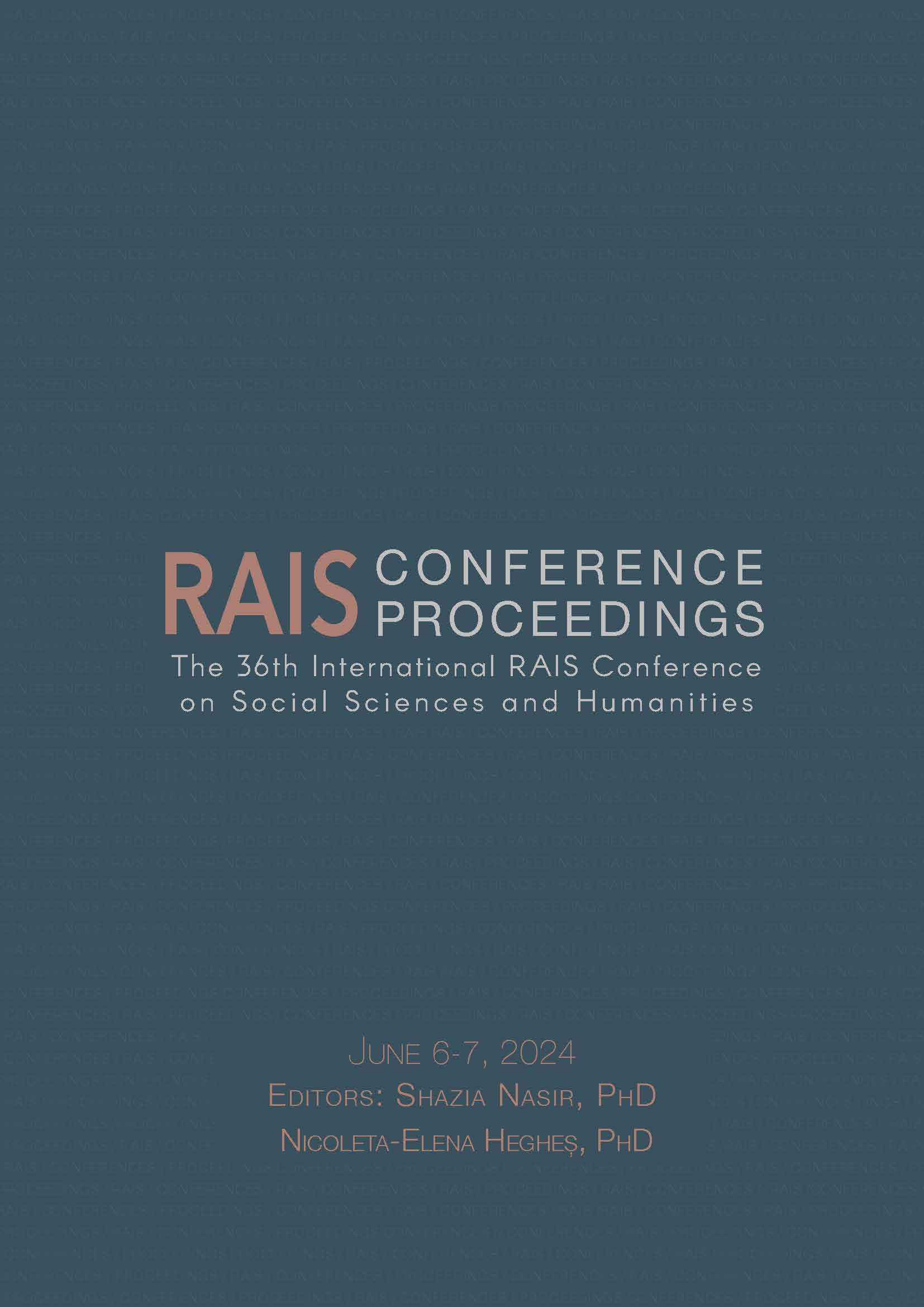The Limited Potential of AI Implementation in US Courts
The Limited Potential of AI Implementation in US Courts
Author(s): Eric Kim
Subject(s): International Law, ICT Information and Communications Technologies
Published by: Scientia Moralitas Research Institute
Keywords: artificial intelligence; bias; ChatGPT; criminal justice;
Summary/Abstract: With the recent surge of interest in the use of AI in generating writing that imitates human creativity, many have begun turning to AI as the ultimate solution to various social problems. Amidst rising concerns about discrimination in judicial decisions stemming from judges’ personal leanings within the US criminal justice system, employing AI as judicial judges to eliminate these biases has been considered. Although the current stage of AI and its abilities render it impossible to replace human judges, AI technology’s fast-paced development opens up future possibilities. This paper evaluates the possibility of AI, specifically GPTs, being able to act as judges in US criminal courts in the near future by assessing how effective AI can be in deciding court cases. The paper examines how AI answers currently lack validity and reliability, two key characteristics of judicial decisions, and analyzes the extent to which AI developments in the near future will be able to address these flaws so that AI may be able to produce viable judicial decisions by themselves. This research concludes that barring unforeseeably significant technological advancements, AI cannot independently act as impartial judges within a US criminal court; however, feasible developments in AI’s reliability and validity in the near future would allow AI to work in a complementary capacity alongside human judges to help improve the current judicial system.
Book: Proceedings of the 36th International RAIS Conference on Social Sciences and Humanities
- Page Range: 65-74
- Page Count: 10
- Publication Year: 2024
- Language: English
- Content File-PDF

